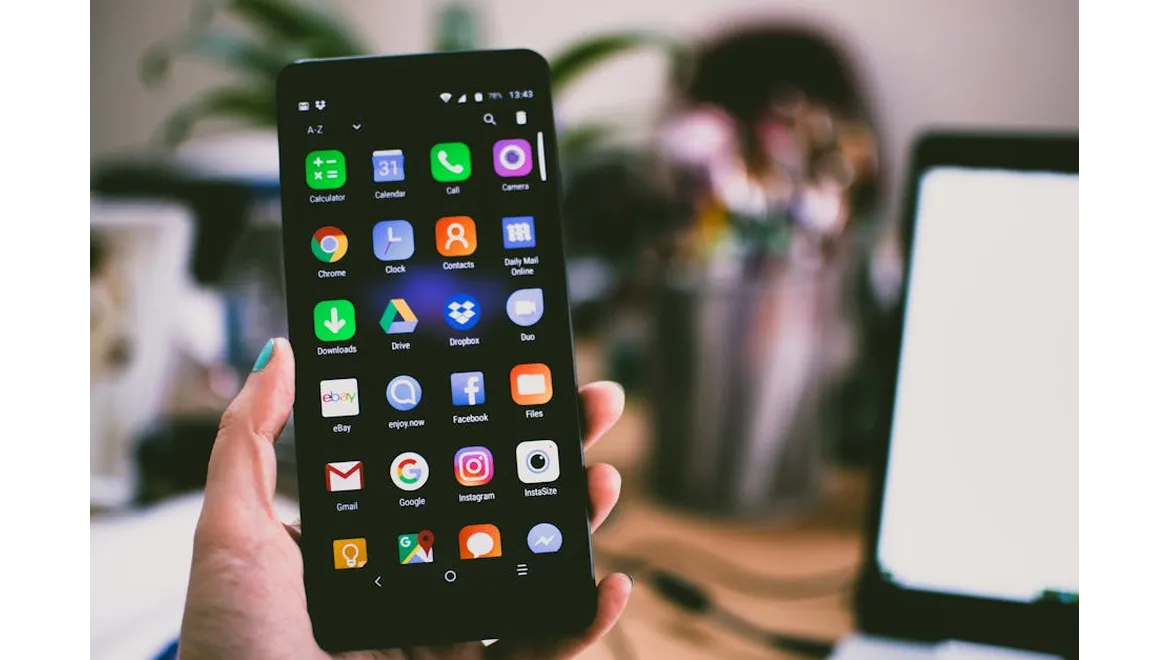The other day, I found myself in a lively conversation with my friend Jess about the fascinating world of influencers and their role in boosting brand trust and credibility. Jess, who has been working in digital marketing for several years, had some compelling insights to share over our coffee catch-up, and I couldn’t wait to dive into the details with you.
Jess started with a simple yet profound statement: “Influencers are like the new-age storytellers, weaving narratives that resonate with their audiences.” She explained that, unlike traditional celebrities, influencers often build their following through relatable content and genuine interactions. This authenticity plays a critical role in how they enhance brand trust.
The Authentic Appeal
Jess emphasised that authenticity is the cornerstone of an influencer’s effectiveness. She highlighted that audiences today are highly perceptive and can easily spot inauthentic promotions. Influencers who maintain their personal brand integrity while collaborating with companies are often more successful in transferring trust to the brand. Jess shared an example from her own work, where a local skincare brand partnered with a beauty influencer who genuinely used and loved their products. This influencer shared her honest experiences and results, which led to a significant increase in the brand’s credibility and sales.
According to Jess, the key is for brands to choose influencers whose values align with their own. She said, “It’s not just about the number of followers; it’s about shared values and mutual respect.” Brands need to conduct thorough research to ensure that the influencer’s audience overlaps with their target demographic. This way, the message is more likely to be well-received and trusted.
Building Relationships, Not Just Campaigns
Jess went on to discuss the importance of building long-term relationships with influencers rather than one-off campaigns. She noted, “When an influencer consistently talks about a brand over time, it feels more like a genuine endorsement rather than a paid advertisement.” Consistency helps to build a narrative that audiences can follow, fostering a deeper connection and trust.
She gave the example of a fashion brand she worked with that engaged a popular lifestyle influencer over a series of seasonal campaigns. Each campaign was not just about showcasing the latest collection but also involved the influencer sharing behind-the-scenes insights, styling tips, and personal stories connected to the brand’s ethos. This ongoing relationship helped solidify the brand’s presence in the influencer’s community, turning followers into loyal customers.
Metrics Beyond Likes and Shares
Another interesting point Jess raised was about measuring the success of influencer partnerships. She said, “Brands often make the mistake of focusing solely on likes and shares, but these don’t necessarily equate to trust or credibility.” Instead, she suggested looking at engagement metrics such as comments and direct messages, which can offer deeper insights into how the influencer’s audience is interacting with the content.
Jess also mentioned the potential of using unique discount codes or affiliate links, which not only track sales but also provide insights into how much influence the partnership is actually driving. This data can then inform future collaborations and help refine strategies to enhance brand trust further.
The Power of Micro-Influencers
Towards the end of our chat, Jess brought up the topic of micro-influencers. She was quite passionate about this, noting that these influencers, who typically have smaller but highly engaged audiences, can often drive more trust than their mega counterparts. “Micro-influencers tend to have a close-knit community where their recommendations are viewed more as a friend’s suggestion rather than a commercial,” Jess explained.
For brands, partnering with micro-influencers can be particularly beneficial when targeting niche markets. They offer a more personalised approach and can be more cost-effective, providing a higher return on investment, especially for smaller businesses.
Bringing It All Together
As we wrapped up our conversation, it was clear that influencers play a pivotal role in modern marketing strategies. Their ability to humanise brands and create authentic connections with audiences is unmatched by traditional advertising methods. By carefully selecting influencers who align with their values, forming long-term relationships, and measuring success through meaningful metrics, brands can significantly enhance their trust and credibility in the market.
Jess’s insights were eye-opening, and they reminded me how the digital landscape is constantly evolving, with influencers at the forefront, shaping how brands communicate and build trust with their audiences. Whether you’re a brand looking to boost credibility or just someone curious about the influencer phenomenon, these strategies offer a roadmap to understanding and leveraging the power of influencers effectively.












